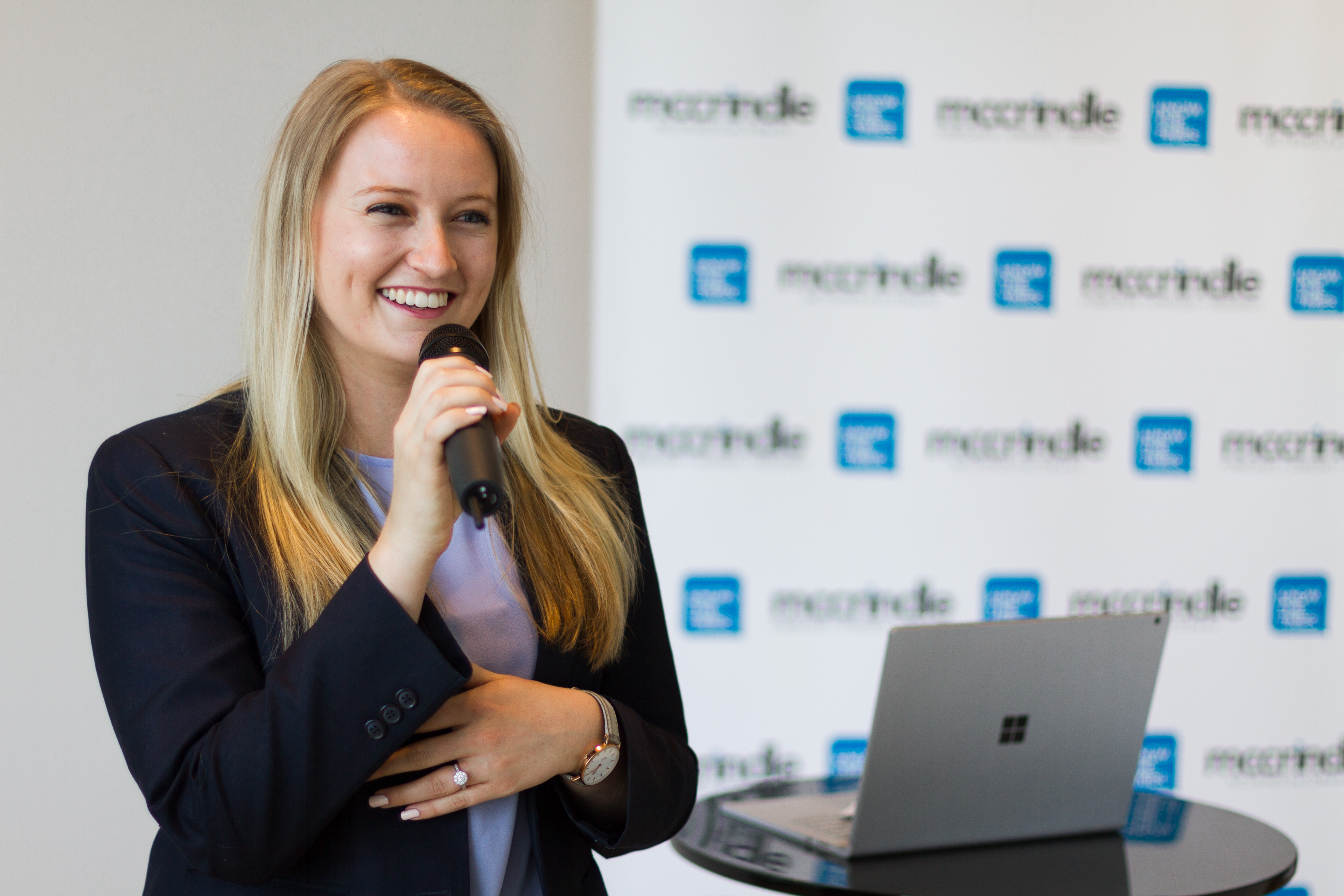It’s hard to believe next year begins not just an iconic new year, but an iconic new decade – the 2020s! While this decade will be marked by increasing developments in technology, demographic shifts and social change, one of the biggest shifts is often overlooked – and that is generational change.
As of 2019, Generation Y (born 1980-1994) and Generation Z (born 1995-2009) now comprise more than half the workforce. These generations have grown up with technology at their fingertips, more diverse career options and greater change in their formative years than any other generation.
Here are the key characteristics of today’s customers, clients and employees – particularly those whose formative years have been lived in the 21st Century.
Digitally integrated
For those of us living in ‘the great screenage’, technology has been integrated seamlessly into our lives. Having used it from the youngest age, this is even more the case for our emerging generations. For Generation Z, 74% of their time outside of school or work is spent online. It is almost like the air they breathe, permeating all areas of their life. For the digital integrator, technology has blurred the lines of work and social. Of study and entertainment. Of private and public.
Today we are just a few clicks away from any piece of information. This has changed our expectations and demands on products, services and brands. We expect simpler, quicker and more personalised service.
Globally connected
Today’s emerging generations are the first generations to be truly global. Music, movies and celebrities are more global in their influence than they have been for previous generations. Through technology, globalisation and our culturally diverse times, the fashions, foods, online entertainment, social trends, communications and even the “must watch YouTube videos and memes” are global as never before.
Wherever we are in the world, we can be connected to the global world around us. In this wireless world our technology knows no boundaries and nor do blogs, friendships and vocabulary.
Socially redefined
More than any other generation, today’s youth are extensively connected to and shaped by their peers. Due to social media platforms such as Facebook and Instagram, we are influenced by a network that is larger both numerically and geographically, and being technology based, these networks are connected 24/7.
Digital technology means that users are constantly connected to others across social, geographic and demographic boundaries. This ‘social world’ augments close friends and family as the primary source of information, opinion and recommendation. The smallest piece of noise can be amplified massively and instantly. Everything from reputation to purchasing decisions to sales channels is impacted.
Increasingly mobile; 18 jobs across 6 careers
Not only are the emerging generations mobile in terms of using technology constantly and when they are on-the-go, they are also moving homes, jobs, and careers faster than ever before. Today’s school leaver is expected to have 18 jobs across 6 careers.
This generation is more formally educated than any generation before them and is set to enter a workforce where they, rather than jobs, are in demand. Therefore, the future depends on understanding and engaging with this 21st-Century generation. In order to fulfil the demand for labour and to ensure the future of our employment sector, employers will need to adapt to and accommodate this mobile generation.
Visually engaged
While Google has 3.5 million searches per day, almost 5 billion videos are watched on YouTube every day. We have an emerging generation, many of whom are opting to watch a video summarising an issue rather than read an article discussing it.
In an era of information overload, messages have increasingly become image-based. Signs, logos and brands communicate across the language barriers with colour and picture rather than words and phrases.
Leaders who understand, engage and bring out the best of their generationally diverse customers, clients or team members will thrive in the decade ahead.
-Ashley Fell, Social Researcher at McCrindle
Ashley Fell is a social researcher and is recognised as a leader in tracking emerging issues and researching social trends. She is a TEDx speaker, regularly delivering keynote presentations and is the Director of Communications at McCrindle, who count among its clients more than 100 of Australia’s largest companies and leading international brands.
